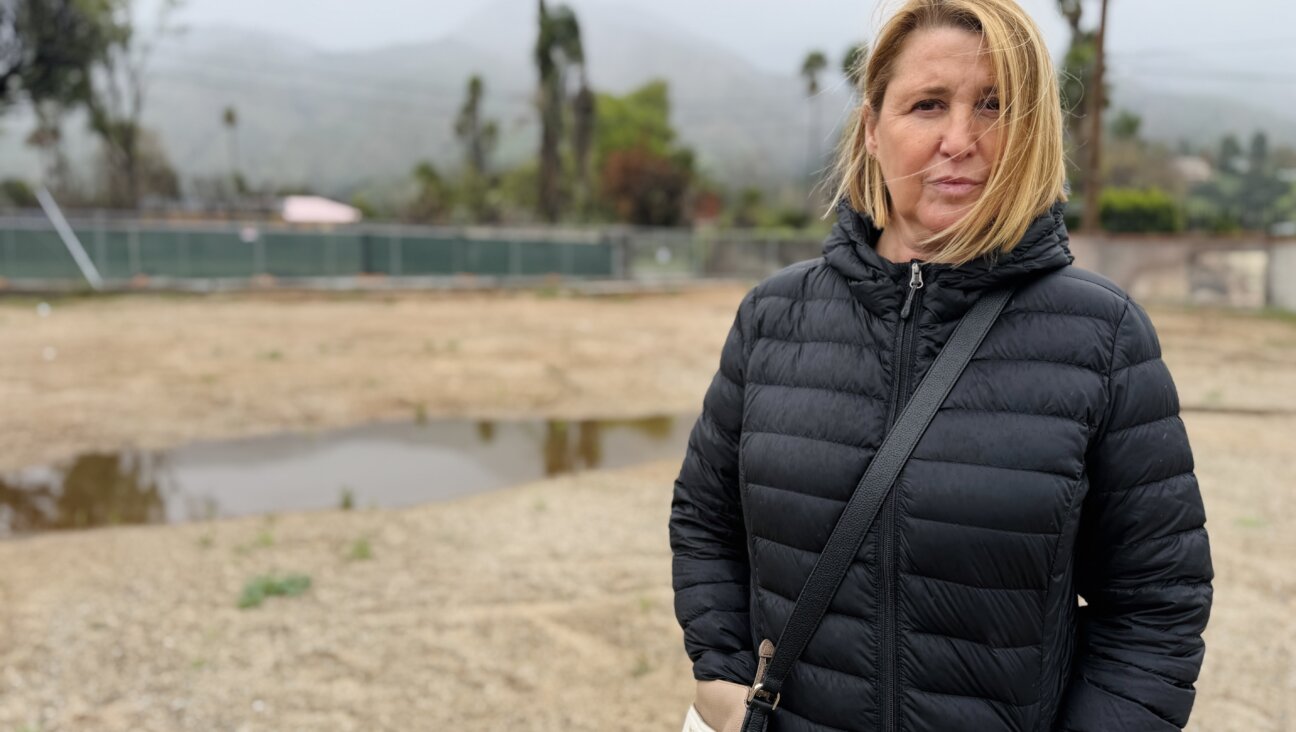Strict Divorce Rules Leave Women ‘Chained’ to Husbands

Image by iSTOCK PHOTO
A Lakewood, N.J., rabbi and his wife are facing life in prison. They were brought up on kidnapping charges July 18 for their alleged roles in the abduction and beating of an Israeli man who refused to give his wife a Jewish divorce, otherwise known as a get.
Shocking, right? Not really. Under Jewish law, only a husband can grant a get. A wife has no such right.
Men in the Orthodox Jewish community have used this power against their wives for generations: You want a get? First give me full custody of the children. Absolve me of all alimony and child-support obligation. Have your parents write me a check for half a million dollars.
If a woman does not receive a get, she becomes an agunah, or a chained woman. Even if she receives her civil divorce, she cannot move on with her life. She is unmarriageable, undateable. Forever single in a community that abhors singlehood.
When I was a child, I saw my mother endure the loneliness and shame of the agunah?s life after she left my abusive father. I heard her sobbing late at night, when she thought my siblings and I were asleep.
Jewish law does not permit forcing a man to give his wife a get. But it does, according to many rabbis, leave room for beating the stuffing out of a man until he wants to give his wife a divorce.
The alleged actions of the Lakewood rabbi and his wife, ostensibly to help an agunah in Israel, were not shocking to people in the Orthodox community. Such beatings have become almost a standard last resort for the growing number of desperate ?chained? women.
This would seem like a hopeless situation, with power firmly on the man?s side and no options available to a woman who wants to emerge from a broken marriage on her terms.
Well, let me tell you, then, how I handled my recent divorce.
I did not ask for a get. I never mentioned it. And when my ex-husband brought it up, I did something most Orthodox Jewish women would never even consider: I refused to accept one.
While Jewish law provides no recourse for a woman whose husband denies her a get, it does provide recourse for a man whose wife refuses to accept one. The man can get a hetter meah rabbanim, or the permission of 100 rabbis to remarry anyway.
Getting the permission of 100 rabbis usually is not a man?s first choice. It is time-consuming, obviously, and it can be expensive, because not all the rabbis will sign on the dotted line for free.
And so I became the first woman I know to sit on the receiving end of get-related begging. I had rabbis calling me on my cell phone, pleading with me to accept a get.
You want me to accept one? I gleefully told the rabbis what they should do: Give me $25 million. Cash. And then I?ll consider it.
The desperate phone calls from confused rabbis have stopped, by the way, so I assume that my ex managed to find his 100 rabbis.
I know my decision to refuse a get was easier than it would be for other women, because I have left the Orthodox community and what I perceived as its unfair treatment of women. The men I date have never even heard of a get, nor could care less whether I got one.
Still, when I read about the Lakewood rabbi and his wife, I could not help thinking that the solution to the agunah problem is for more women, even those who remain committed to Orthodox Judaism, to stop begging for a get. The solution is them to refuse to accept one.
If women stopped begging for a get, they would take its power away from men. They would force the men who wanted to remarry to seek permission from 100 rabbis ? a victory not only because of its symbolism, but also because, legally, a man can obtain the 100 rabbis? permission only after he deposits with the court a get that his ex-wife can retrieve if she chooses.
No check for half a million dollars. No need to have anyone beaten up. No need to suffer the humiliation of powerlessness. Just a get.
Of course, some men will choose not to go the way of 100 rabbis. Others might manipulate the law, as has been done before, to get the permission of 100 rabbis without leaving a get that their ex-wife can retrieve.
Still, women would benefit from refusing a get. If enough women refused, they would force the all-male Orthodox rabbinical leadership to change the system and make it fairer to women, or risk seeing the system become irrelevant.
Fraidy Reiss is founding a not-for-profit organization, Unchained at Last, to help women leave arranged marriages. For more information, visit www.unchainedatlast.org.













